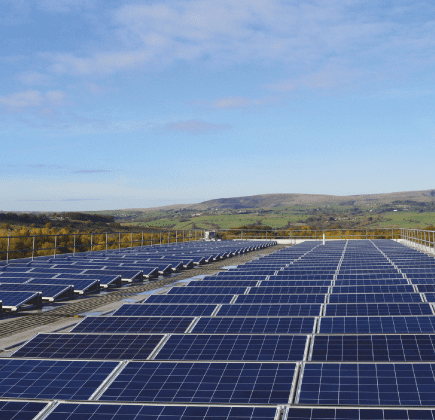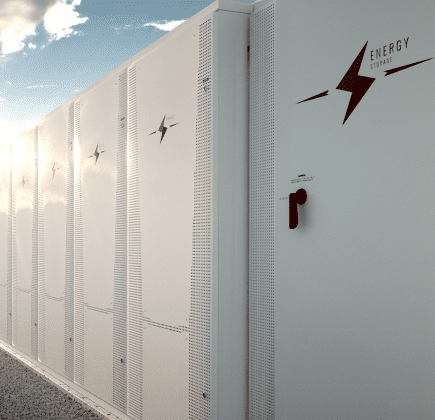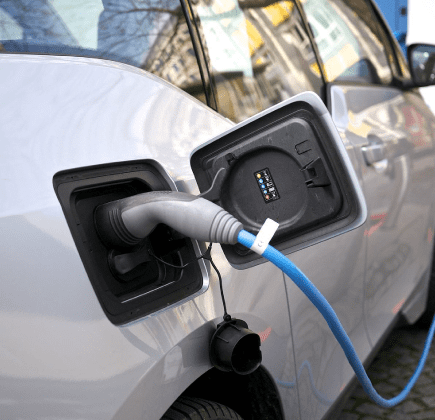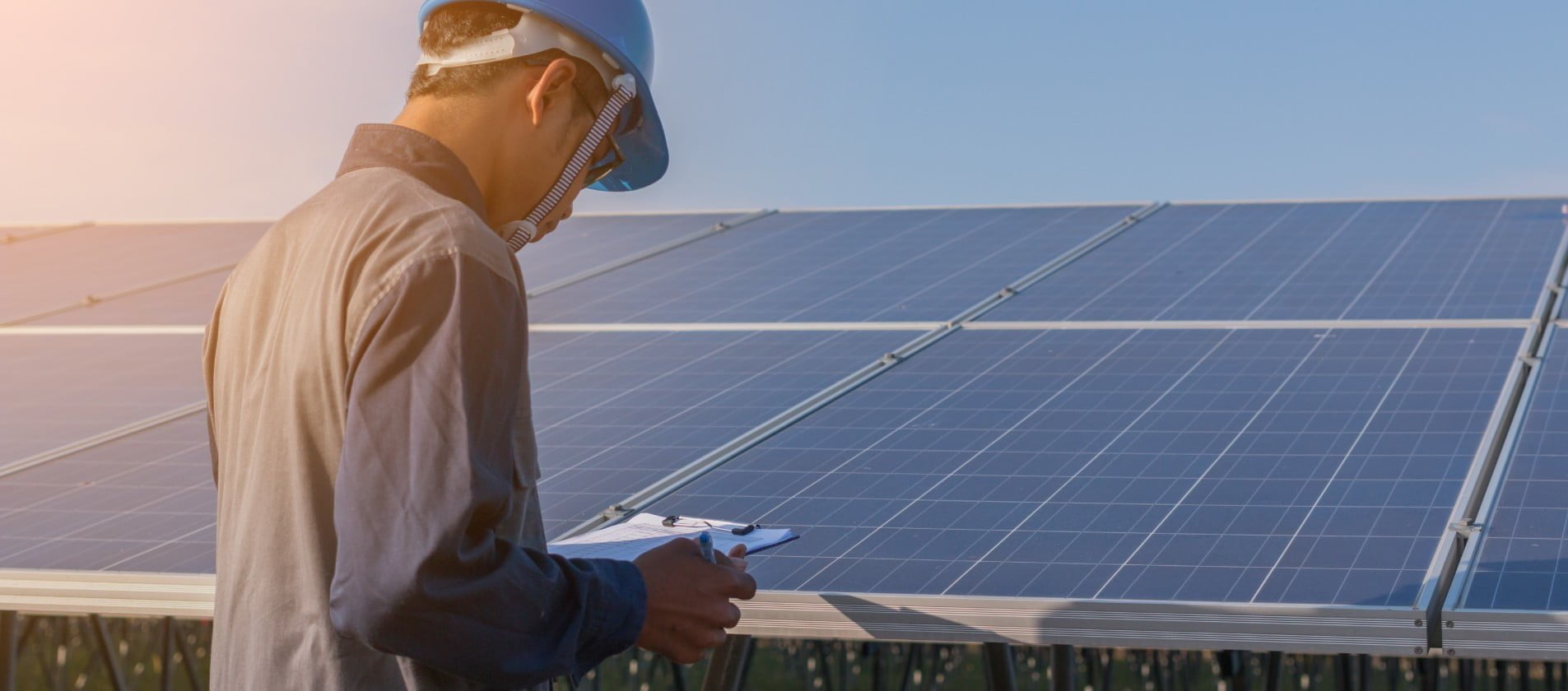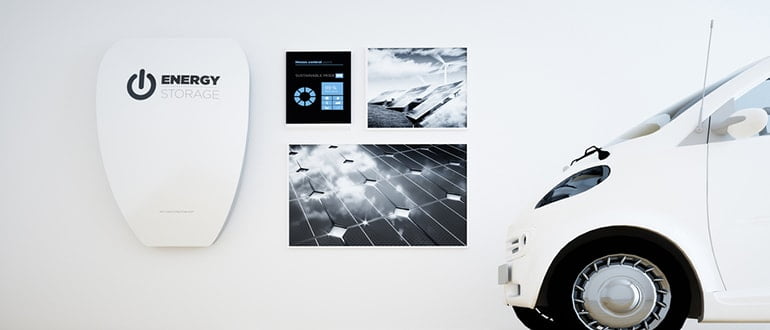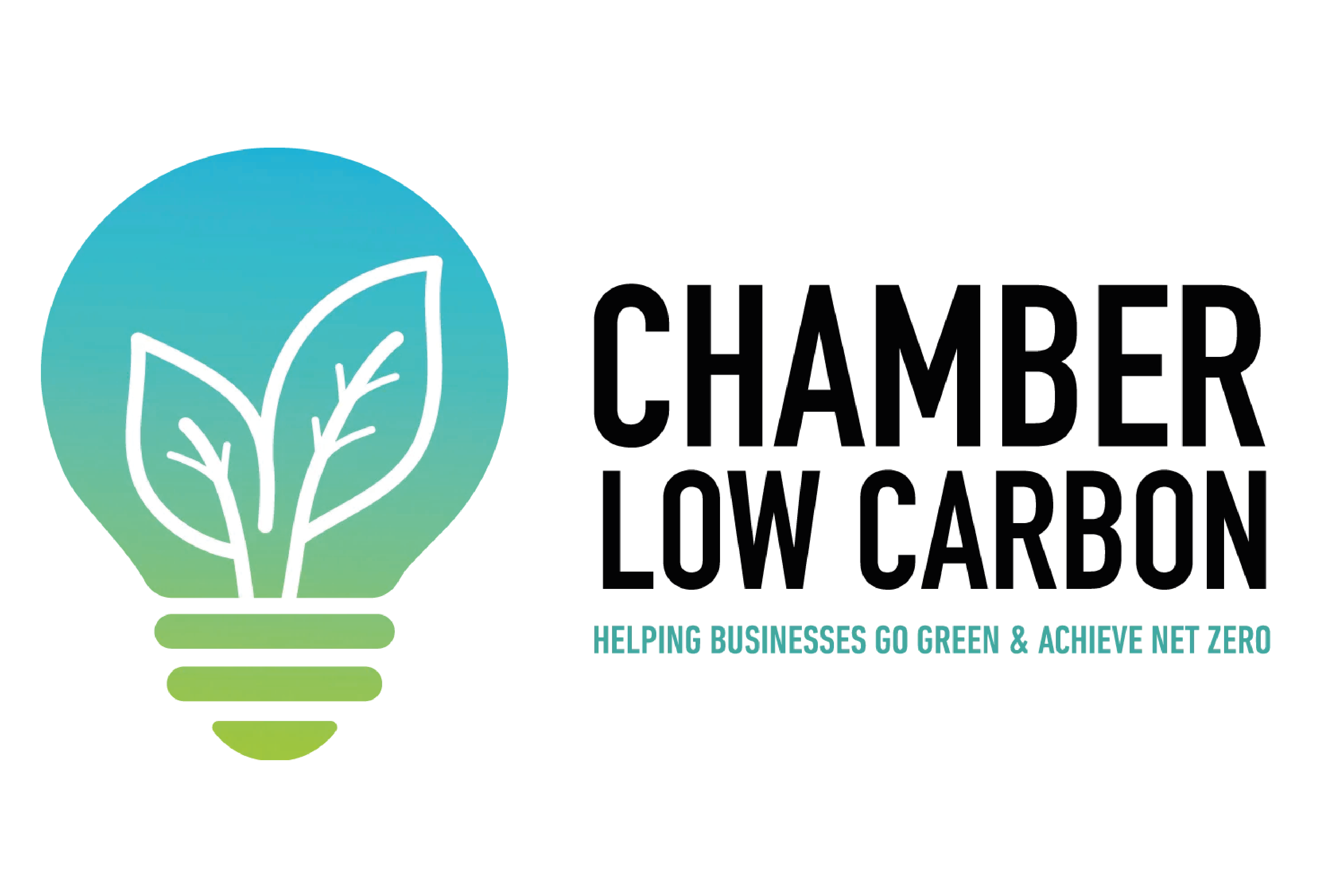
How is the UK progressing on its path to Net Zero?
The latest report published on the 29th of June by the UK Committee on Climate Change (UKCCC), has criticised the government’s plans to meet the country’s climate goals.

As you’ll already know by now, the UK has pledged to reduce its greenhouse-gas emissions to Net Zero by 2050. While the government has come under fire from the UKCCC, it’s insisted that the UK is forging ahead of most other countries in regards the de-carbonisation of its vehicles, power sources and home efficiency.
We’re very aware of the progress being made by the UK on the carbon front here at here at Low Carbon Energy. We’re at the forefront of the green revolution here in this country, developing new technologies to help businesses reduce their carbon footprint. Products like our commercial solar panels, battery storage systems and Electric Vehicle charging stations have helped many companies meet their own carbon neutral goals, and we’re determined to help keep the the country on track along the road to Net Zero.
And if that’s something you’re focused on too, you might like to know the latest on how it’s all going!
Power sources
Outgoing prime minister Boris Johnson set a target back in 2021 that aimed to get all the UK’s electricity from clean sources by 2035. It’s one of the latest milestones in the UK’s fairly successful decarbonisation strategy over the last few decades, with emissions from energy falling by 40% between 1990 and 2019. This can mainly be attributed to the closing down of coal-fired power stations, and the diversion of funds towards more eco-friendly sources like solar, wind and nuclear.
However, the UKCCC report has pointed at a lack of a clear strategy moving forward as a cause for concern. There have been significant delays facing the construction of new nuclear power stations, which means the government could risk failing to reach its 2035 goal.
On the flip-side though, the UK is a world leader when it comes to offshore wind. At present, the UK currently sources about 10GW from offshore wind, and the government wants to increase this to 50GW by 2030, which would be enough to power every home in the UK. However, at the moment storage is an issue, and the ACCC warns that the government needs to come up with better storage solutions for when the wind isn’t blowing.
Heating our homes and businesses
Housing in the UK accounts for about 14% of the country’s greenhouse-gas emissions, and this is mainly down to a combination of our reliance on gas-boilers, and our poorly insulated housing. To tackle this, the government has committed to installing 600,000 heat pumps in UK homes a year by 2028, as a means of replacing gas boilers. These pumps transfer heat, air and water around a property into its heating system, reducing the amount of wasted energy.
Government grants of £5,000 are available to help homeowners install a heat pump, but this is not enough in the opinion of environmental groups, some of whom have questioned how the government plans on delivering on its target of 600,000 pumps installed in UK homes by 2028 – given that only 55,000 pumps were installed in 2021. Comparatively, about 1.7 million gas boilers are sold in the UK each year.
Insulation has long been regarded as a key way of reducing the amount of energy lost through the walls of your home, but the report points out that the UK has some of the least energy-efficient homes in Europe, and states that the national roll out of insulation is “too slow” If we plan on meeting our Net Zero goals.
Transport
Government statistics have showed that cars and taxis accounted for 16% of UK emissions in 2019. Obviously, the figures that followed weren’t representative of a typical year, due to the Covid-19 pandemic forcing everyone off the roads and into their homes. The aim as it stands is to stop the trade of new petrol and diesel cars as of 2030. The government says it wants 52% of car sales to be electric by 2028. The Climate Change Committee is currently very happy with the natural growth of the EV market, and as a result the government has withdrawn its £5000 grant scheme for electric cars.
Instead, the funding will be put towards testing out zero-carbon HGVs, taxis and motorcycles, as well as to boosting public charging infrastructure. With these added funds, the government aims to build 300,000 publicly-accessible charging points by 2030 (a 10x increase on the current structure). As an added bonus, the government has also promised to build a “world-class” cycling network by 2040, the details of which are unknown at this time.
That’s all the key points covered – if you want to read any of these points in detail, you can take a look at the CCC report in full. Or, if you’re ready to move forward with your own Net Zero plans, that’s where we can help here at Low Carbon Energy. Our commercial solar panels not only provide an excellent way to take the edge off your own business energy bills, but also provide the means to meet your own Net Zero and decarbonisation targets.
Our experts have over 30 years of combined experience, having helped SMEs and large corporations across a wide variety of sectors transform their business’ energy supply. Each of our installations is bespoke, and we tailor your solution on your specific energy profile, helping us to maximise carbon reductions and save you up to thousands of pounds in energy bills. Feel free to look at our case studies for just a few examples of businesses which have reaped huge rewards from solar, such as Boeing and Irish Water. To find out how we can help you, feel free to give us a call today on 01282 421 489!
 Energy Technology
Energy Technology

Powering your present. Preserving your future.
Call us on 01282 421 489

strategy be a priority?

